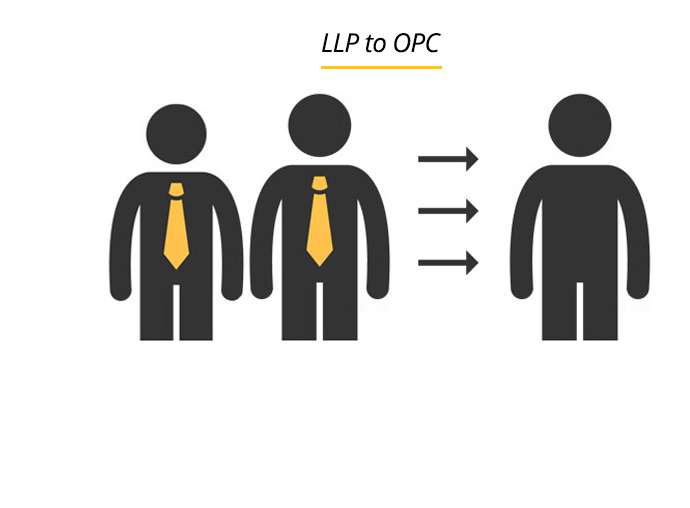Difference between statutory and Mandatory Certificates?
While there may be some overlap in their requirements, there are distinct differences between the two: Statutory Certificates: 1. Legal Requirement: Statutory certificates issued to comply with specific laws or statutes. These laws can be enact by the government or regulatory authorities and are binding on individuals or entities operating within the jurisdiction.… Read More »









